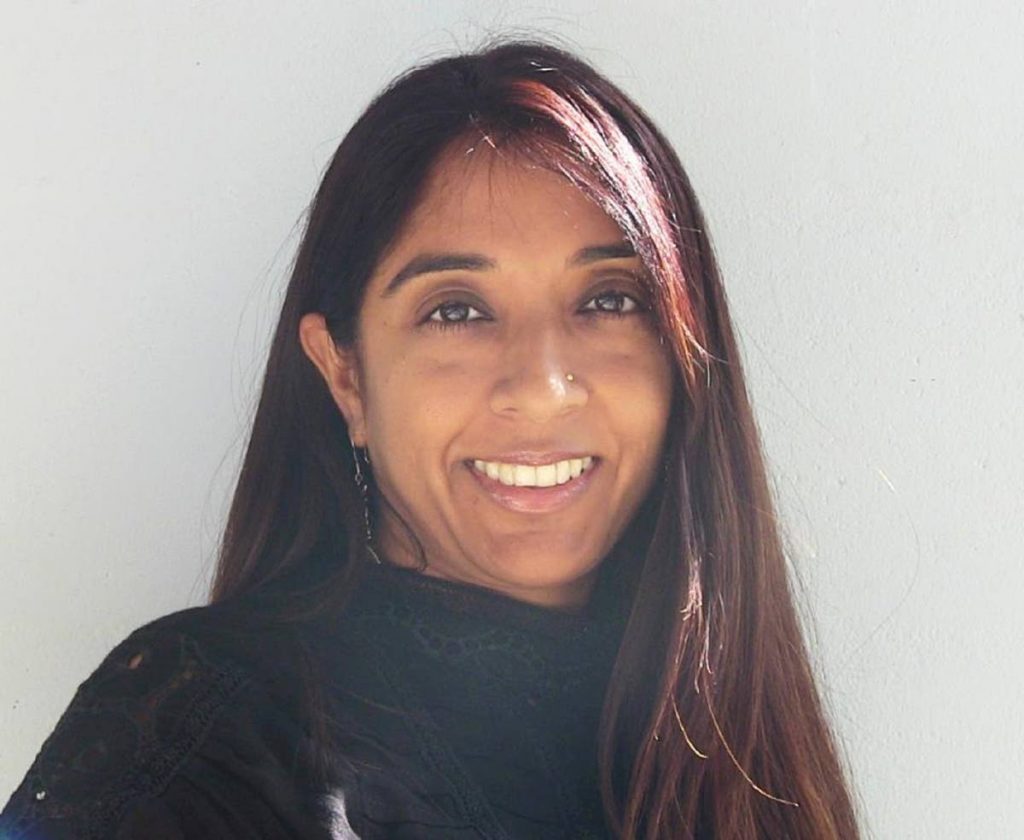Future of hope after covid19

GABRIELLE HOSEIN
OUR SOCIETIES were already defined by exclusion, inequality, and lack of sustainability prior to covid19. Now, TT can no longer rely on oil and gas revenues to distribute the basic welfare provisions that kept so many from homelessness, crime, illness and starvation. We simply will not be earning what we spend.
Increased insecurity means we will not be able to buffer ourselves against the next crisis, whether epidemiological or ecological, unless we plan our recovery as if we are already protecting ourselves from such an inevitability.
To be honest, I’ve struggled with what those options are, and their realism, and will explore them over the next weeks in this column.
On the one hand, as the Guardian Weekly noted last month, “whenever a crisis visits a given community, the fundamental reality of that community is laid bare. Who has more and who has less. Where the power lies. What people treasure and what they fear.”
On this basis, I’ve wanted to argue that we commit to economic and social justice, which is more than welfare provision to women and the poor, as the goal around which we plan national growth. How will our economic recovery also renew the possibilities for women to carry less unequal burden for care; how will it prevent increasing distance between rich and poor; how will it include an education transformation that doesn’t leave so many alienated from learning; how will it create greater inclusion for those on the margins?
Even as we emerge from this period, we also have to keep in mind that the biggest threat to all future generations remains climate-related destruction and death. Around the world, both governments and corporations are rolling back environmental protections in the wake of a focus on the economic recovery.
I’ve wanted to call for us to not lose momentum. Climate change, like covid19, is a global disaster which does not respect borders or identities, and requires the very global collaboration, respect for science, speed of response and individual investment in preventing unnecessary deaths that have shaped our lives these past weeks.
If we understood the climate crisis as far more lethal, we would find the funds to invest in renewable energy and low-carbon alternatives on every front, so many of which are our endless resources in the Caribbean.
“We would see these kinds of emergency packages that would get people off of the fossil fuel grid and onto a clean grid right away,” says May Boeve, executive director of the climate advocacy group 350.org
These are the big issues of social, economic and climate justice which require not just big ideas, but much bigger political will. I’ve been drawn to them, knowing as we now do that everything we consider harmful can be stopped, regardless of the impact on international travel or school exams, if we decide an emergency response is required. If we think of the injustices we were living with all along as a disaster, we could decide this was a time like no other.
On the other hand, I’ve been drawn down from thinking that every big idea is one we should be allowed to consider to instead focus on the nitty-gritty of immediate protections. Corruption and mismanagement have been the major harm to our financial wealth since independence. This is why our national savings are so small – they have been stolen and wasted by our very own, leaving us less able to protect our most vulnerable or turn our economies around on our own. Enact procurement legislation so that it no longer occurs from today.
Negative growth across the region and increasing indebtedness – both individual and national – means harder times for most, increasing hunger and hardening anger. We need hope that comes from alternatives, imagined with our broadest, most inclusive ideas of justice at their heart, quieting the cynicism we have all felt that nothing changes, at the very moment when everything absolutely can.
Frankly, the whole society – every cook, cleaner, caterer, cashier and child carer – should have a say in how we will survive, including on the basis of co-operative-based and solidarity economy models, such as bartering and sharing. So many development solutions can come from listening.
From the midst of economic and emotional despair, we must therefore find a future defined by each other’s resilience and renewal, and do so collectively and transparently. This is a once-in-a-lifetime chance to move beyond recovery of an older order and, instead, birth long dreamed and long overdue possibilities.
Diary of a mothering worker
Dr Gabrielle Jamela Hosein
motheringworker@gmail.com
Entry 372


Comments
"Future of hope after covid19"